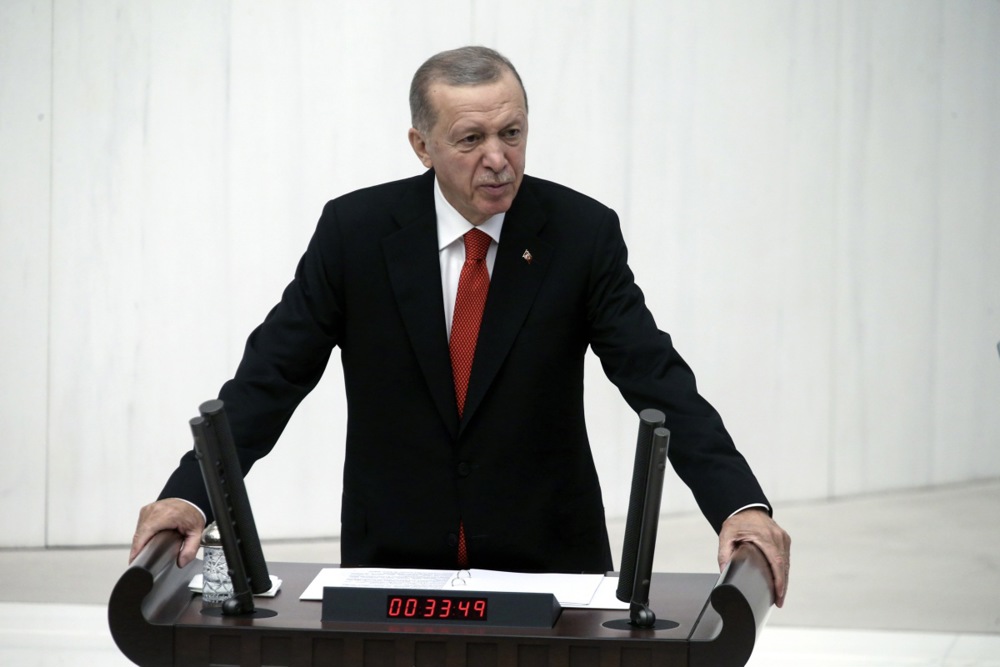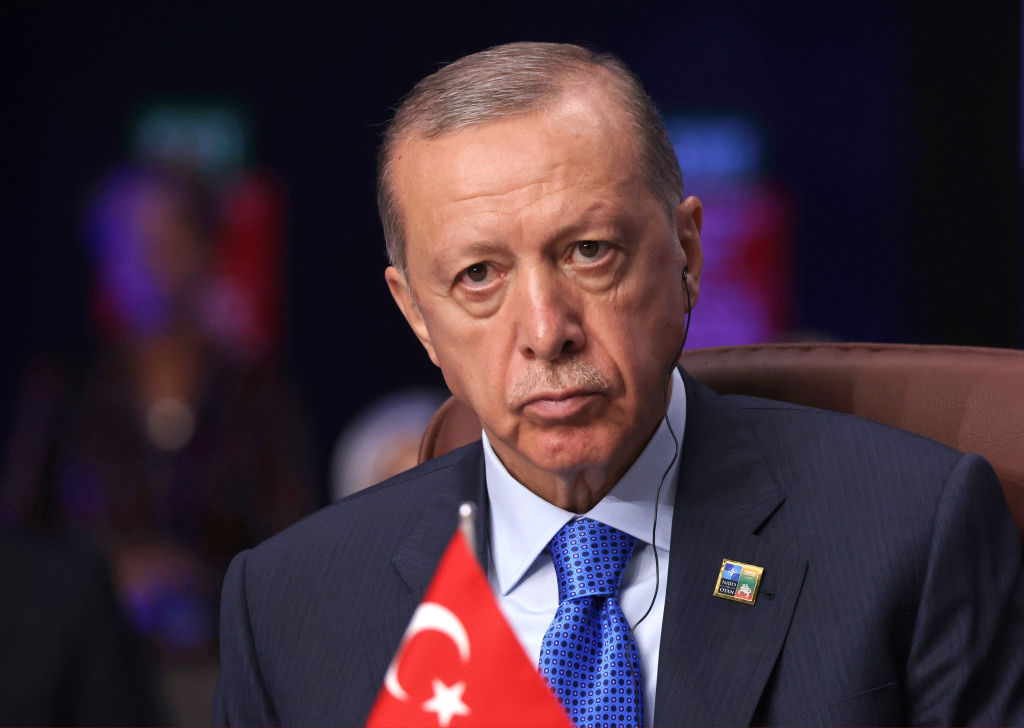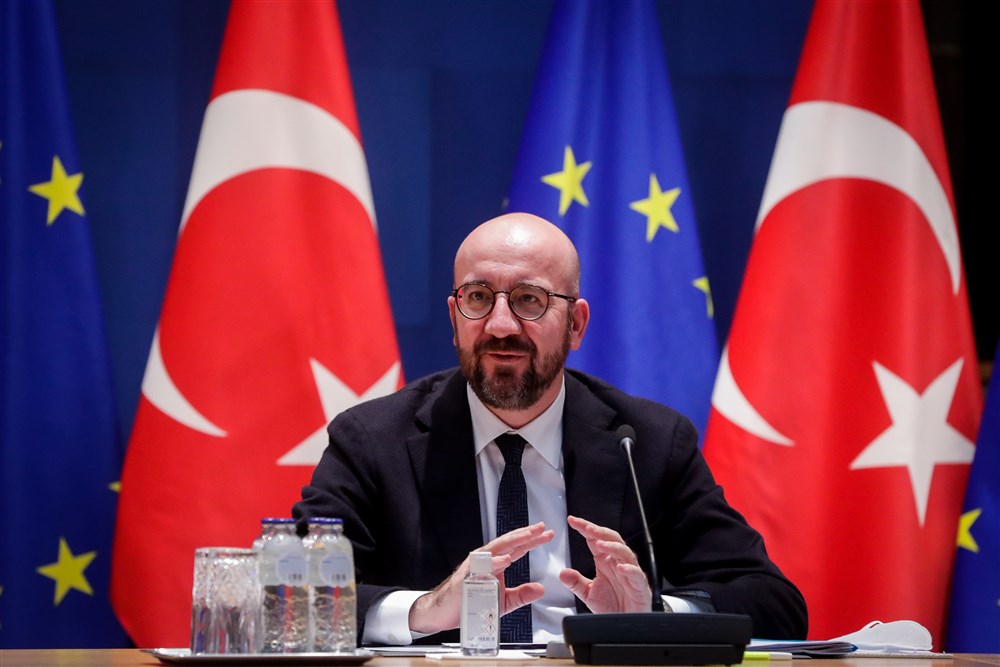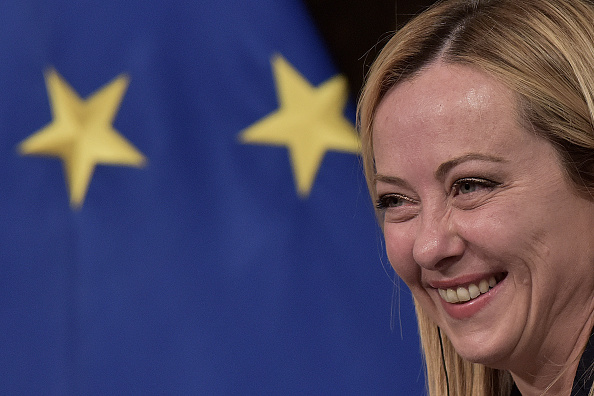Turkey has clamped down on virtual private networks (VPNs) ahead of local elections in March.
The national telecoms regulator the Information and Communication Technologies Authority (ICTA) has ordered at least 16 well-known sites to be blocked.
According to news sources including the US-backed Voice of America (VOA), President Recep Erdoğan’s Government is attempting to stifle access to social media sites where posts criticise it, along with news providers including VOA and Germany’s state-owned Deutsche Welle (DW), among others.
When the ICTA blocked access to content from VOA Turkish and DW in late 2023, both news organisations promoted alternative sites Psiphon, Proton and nthLink as ways for audiences to reach them.
“The news portals are trying to diversify the sources through which they can access their readers,” Gürkan Özturan, of the Leipzig-based European Centre for Press and Media Freedom, told Brussels Signal on January 16.
Andy Yen, chief executive of Proton, told the UK’s Financial Times: “Widespread VPN blocks only take place in the most authoritarian of regimes.
“Blocking … the use of VPNs in Turkey is a very concerning move for internet freedom and privacy and is a breach of people’s fundamental human rights.”
Turkish censorship of the web is expanding, from 350,000 blocked domain names in 2018 to 900,000 now, according to analysts.
Many popular VPN websites let users bypass the blocks. Sign-ups for VPNs spiked in late February 2023 when criticism of the Turkish Government’s response to the earthquake earlier that month appeared on social media – and before May’s presidential elections.
Agneska Sablovskaja, a lead analyst with one of the blocked VPNs, the Netherlands-based Surfshark, told Brussels Signal: “What is particularly alarming is that Turkey’s current approach to blocking VPNs resembles the tactics employed by some of the most authoritarian regimes in the world.
“Last February, Twitter was blocked on several networks within Turkey, eliminating a vital communication channel for co-ordinating relief efforts after the devastating earthquake.”
She added that since 2015, there have been 12 distinct pushes by Turkish authorities to censor the internet, including in the run-up to last year’s elections.
Turkey has been a candidate country for European Union membership since 1999, although only one of the 35 chapters in its accession agreement, on science and research, has so far been provisionally closed.
Restrictions on media freedom, including the internet, and perceived backsliding in its democratic stance caused the European Council to say in December that Turkey “continues to move further away from the European Union” and accession talks “effectively have come to a standstill”.
Many Turkish citizens have become adept at getting around the country’s internet restrictions.
“There are multiple alternatives to the platforms that are currently being targeted, and the companies also try to keep their access updated to keep their customers,” Özturan said.
“The restrictions on ‘anonymous’ internet traffic in Turkey has been in place for quite some time, in fact,” he added.
“And occasionally we have been seeing orders from the government bodies for ISPs [internet service providers] to target services and block access to content.”
According to observers, there are indications Erdoğan’s Government is growing more forthright – directing ISPs to block more VPNs and now asking them to provide periodic “status reports” about how such blocking is proceeding.
Still, Özturan pointed out, while “the list this time seems to be bigger with a larger scope”, it is “far from being ultimately effective as many people, including even children, have learned alternative methods of accessing content”.
To an extent, Turkey’s attempts are part of a global game of cat-and-mouse, with VPNs and authoritarian governments evolving and looking to exploit weaknesses in each other’s armour, experts believe.
Turkey’s latest move also seems to suggest Erdoğan is not taking this coming March’s local elections for granted – despite the 2019 version seeing his AK Party securing 734 mayors and 10,173 councillors nationwide with 43 per cent of the vote.
The Republican People’s Party, Turkey’s oldest political group, gained 241 mayors and 4,163 councillors with 30 per cent of the vote.





